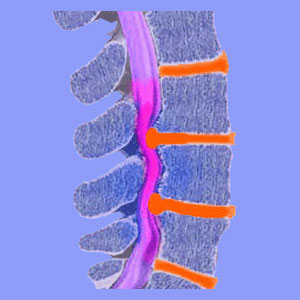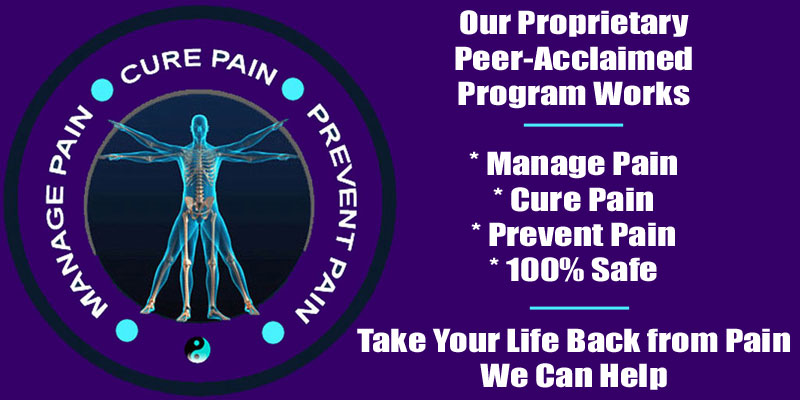
Many patients write to me claiming they have a herniated disc pinching the sciatic nerve. In all fairness, I do not expect them to know that this is an anatomical impossibility, since most people are not aware that the sciatic nerve never actually connects to the spine directly. These poor misinformed patients have been misled by their diagnosticians, often due to oversimplification of the actual suspected reason for the pain.
Sciatica doctors and chiropractors are occasionally known for their tendency to treat patients as if they have a visceral incapacity to understand what is actually going on, so the diagnosis becomes a watered down mess of incorrect information in a more than a few instances.
This article will clarify the diagnosis of a herniated disc compressing the sciatic nerve, by explaining what is really happening in the spinal anatomy to elicit radicular pain in the legs and/or feet.
Herniated Disc Pinching the Sciatic Nerve Facts
Herniated discs are sometimes blamed for causing pain, tingling, numbness or weakness in the buttocks, legs or feet due to the concept of a pinched nerve. This usually describes a condition in which the disc herniates into the foraminal space and compresses the exiting nerve root as it leaves the spine.
The technical name for this occurrence is foraminal stenosis leading to a compressive neuropathy condition. However, in the mid to lower lumbar region, the spinal cord has already broken up into the cauda equina. This allows single or multiple nerve root compression to occur right inside the central canal space, qualifying the condition as spinal stenosis.
The sciatic nerve is eventually made up of nerve roots originating from the following levels of the spine: L4, L5, S1, S2 and S3. These nerves join together far below the end of the spine to form the actual sciatic nerve. Therefore, when a herniated disc does influence the function of the sciatic, it is due to impingement or chemical irritation of one of these roots, not the actual sciatic nerve itself.
Herniated Discs CAN NOT Pinch the Sciatic Nerve
Ok, now that this basic lesson in anatomy has been clarified, there is still a great number of problems with the diagnostic theory in some patients.
First, the vast majority of discs blamed for causing foraminal stenosis are nothing more than normal posterolateral or far lateral herniations which are not pinching anything. They may crowd the foraminal space and may occasionally even touch the nerve, but these discs are mostly scapegoats rather than causations. This also goes for most minor central herniations deemed to be contributors to spinal stenosis.
This fact is often supported by the symptoms reported by the very patients diagnosed with pinched nerves. In very few cases do the actual symptoms match the clinical expectations. In fact, most of the time, the symptoms are far too wide-ranging and diverse to ever be caused by single level nerve root impingement.
Therefore, misdiagnosis of the condition is rampant and is unfortunately often performed purely for financial gain, rather than due to true ignorance on the part of the care provider. This sad situation reflects my own experience in the back pain sector, as well as many of yours, as well.
This is certainly not a rule, but does represent the expressions of many incorrectly diagnosed patients. In cases of multiple nerve root compression, or higher level spinal stenosis which actually affects the spinal cord, this theory does not apply as nearly as universally.
Herniated Disc Pinching the Sciatic Nerve Advice
First off, if your doctor ever tells you that your sciatic nerve is being pinched by any spinal structure, tell them they are wrong and explain to them why. Watch the back-peddling begin and get a laugh at their expense. I have done it many times.
Next, tell them that you expect to know exactly what is going on in your spine and that misinformation will only get them a complaint at the local medical review board.
Finally, make sure to take an active role in your own care and learn all you can about your sciatica diagnosis. Look for holes in the diagnostic theory, since these will help you to recognize potential misdiagnosis before you waste 18 years of your life pursuing incorrect treatment for a coincidental condition; like I did.
Sciatica > Sciatica Diagnosis > Herniated Disc Pinching the Sciatic Nerve





